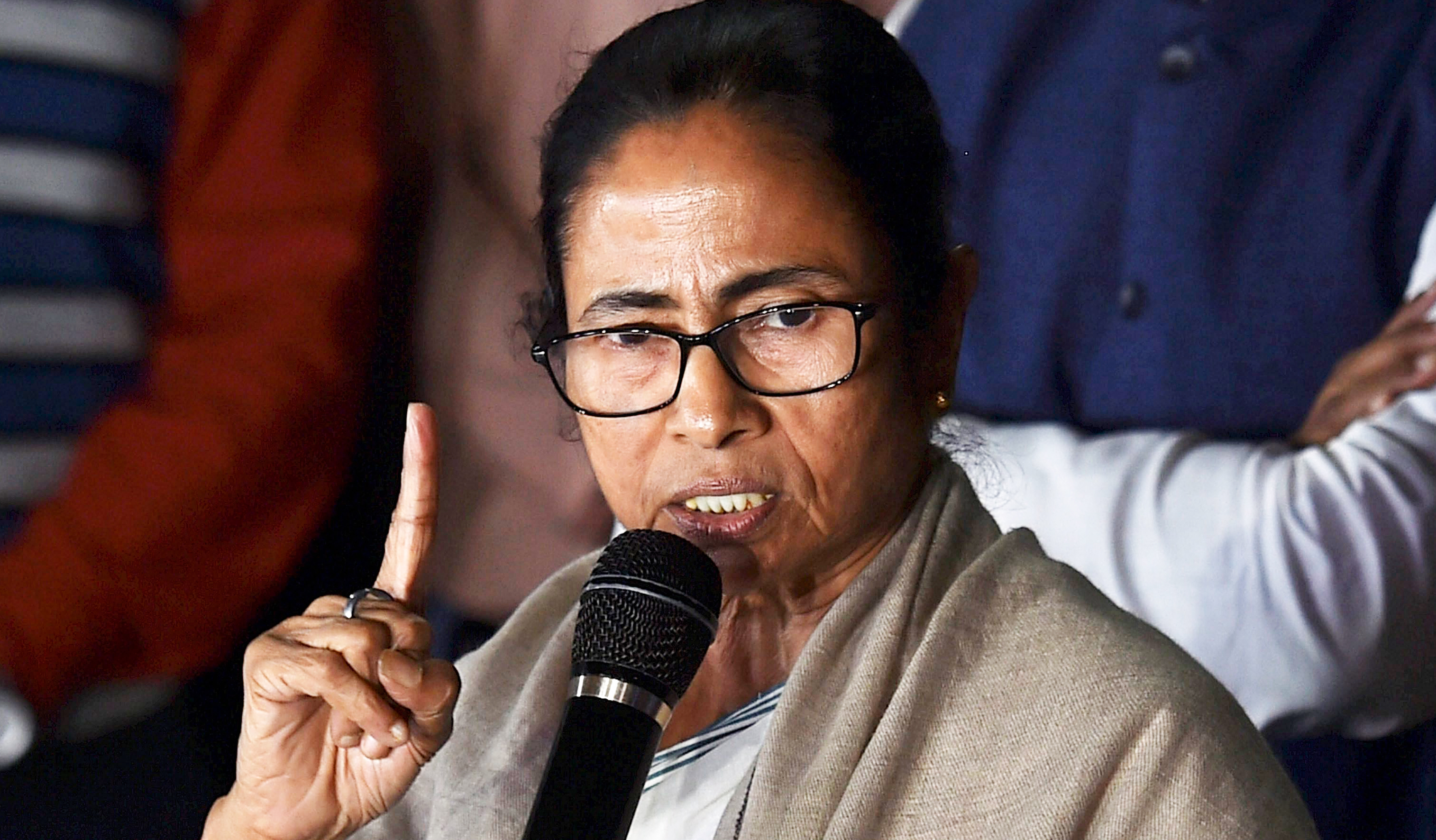Union home ministry officials said on Friday that state governments lacked the power to refuse to implement a central law like the Citizenship Amendment Act, a stand echoed by several lawyers.
But neither the bureaucrats nor most of the lawyers appeared to have taken into account the impracticality of enforcing a law with emotive implications without the cooperation of the administrations and the law-enforcement machineries in the states.
They also do not seem to have factored in the political cost of acting against a state government that refuses to enforce the law.
“States have no power to say ‘no’ to a central law, which now comes under the 7th Schedule of the Constitution. No state government is empowered to deny or halt its implementation. Granting citizenship is the Centre’s prerogative,” a home ministry official said.
But the official did not say how the Centre would identify, track down and, if needed, detain a suspected foreigner not eligible for protection under the amended law if the state government refuses to cooperate. Any friction on this count can drag the federal system to uncharted territory.
Bengal chief minister Mamata Banerjee, Punjab chief minister Amarinder Singh and Kerala chief minister Pinarayi Vijayan have said they would not allow the implementation of the “anti-constitutional law”.
Some lawyers cited constitutional provisions to stress that any move by a state to disregard a parliamentary enactment can lead to the dismissal of its government. The governor can recommend President’s rule under Article 356, advising that the state cannot be run in keeping with the Constitution’s provisions.
However, safeguards do exist in the law to insulate state governments against arbitrary dismissal. In its landmark 1994 order in S.R. Bommai vs Union of India, the Supreme Court had studied Article 356 in detail and laid down restrictions on its capricious and malicious use by central governments.
The dismissal of the E.M.S. Namboodiripad government in Kerala remains an indelible blemish on the record of Jawaharlal Nehru as Prime Minister. The Indira Gandhi government unwittingly made N.T. Rama Rao a national figure by dismissing his government when he was in the US, only to eat crow and reinstate the actor-turned-leader.
An imponderable factor will be the political cost of dismissing a government for refusing to act against some of the people living in a state.
But realpolitik and the rulebook need not always find convergence. The lawyers this newspaper spoke to highlighted that Part XI of the Constitution, which governs the relationship between the Centre and the states, says categorically that states are bound to implement the laws passed by Parliament. Article 249 empowers Parliament to make laws even on state subjects in the national interest.
Under Articles 251 and 254, the Centre is to prevail over the states in the event of any inconsistency between central and state legislation, these lawyers said.
Constitutional expert K.V. Dhananjay said that under Articles 256 and 257 of the Constitution, it would be legally impermissible for a state government to defy the Centre.
Dhananjay said the Citizenship (Amendment) Bill, 2019, had amended the Citizenship Act, 1955, and was now the citizenship law across India.
“Shortly, rules will have to be framed by the central government to implement the amended law and once it happens, various responsibilities will be cast upon the officers of the state governments. Unlike the implementation of previous versions of the Citizenship Act, 1955, massive participation and involvement will be necessary this time from the state-cadre public servants as well,” he said.
“Should any chief minister issue any instruction, orally or in writing, to any state-cadre public servant to defy this central law, the governor could warn him or her to withdraw such instruction. If the chief minister refuses, the governor could dismiss the government.”
Senior Supreme Court advocate Aishwaraya Bhati concurred. “It is not like the states have any discretion or liberty to not follow laws which are being promulgated by Parliament for the country. Citizenship is an issue on which the central government alone has the power to enact a law,” Bhati said.
A former additional solicitor-general of India concurred but added that the states can delay the implementation. At the same time, he said, the Centre can, besides imposing President’s rule, stop all grants and financial doles to the state.











